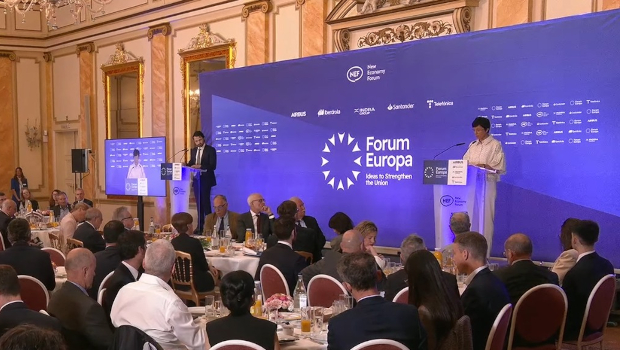European Commissioner for Enlargement, Marta Kos, stated this Tuesday at the Forum Europa in Brussels that the EU's support for Ukraine “is not out of charity, but also out of a clear European interest”.
This was stated by Marta Kos at a briefing organised by New Economy Forum in the EU capital, during which she asserted that the end of the Russian war of aggression against Ukraine “will determine the future of Europe in the coming decades”.
Kos noted that Europe “needs to forge peace and a post-war outlook for the continent,” adding that it will be able to “better manage the challenges of our time if our neighbors support us, not only as partners, but as members of the European Union”.
Regarding Ukraine's EU accession process, she warned that even when a candidate country meets the criteria, it is necessary to see that its citizens want that integration. In this regard, she recalled that Ukraine "is a clear example of this," and explained how its decision to strengthen ties with the EU led to the Maidan Revolution of Dignity and the Russian invasion of Crimea in 2014.
"That's when the conflict erupted; it didn't start with the 2022 war, but in 2014, when Ukraine decided to join the European Union", she emphasized. Therefore, she admitted that the EU's support for Ukraine "is not out of charity, but also out of a clear European interest".
The Commissioner asserted that "no one contributes more to European security right now than the Ukrainian Armed Forces; they are the guarantee of security for the rest of Europe".
In addition to military support, Kos argued that the best thing the EU can do to support Ukraine is to help it "achieve a secure energy supply, economic strength, and industrial capacity", and argued that it is doing so with the energy support package approved in February.
Also, she said, by accelerating Ukraine's integration into many more parts of the Single Market "to attract more investment, strengthen European value chains, and create new opportunities for Ukrainian and, of course, European companies".
She pointed to the resources the EU is investing in Ukraine's reconstruction and economic transformation, especially through the investment framework for Ukraine, "which will help unlock at least €40 billion in public and private investment".
Kos emphasized that EU companies are being helped to invest in Ukraine and to rebuild homes, roads, bridges, ports, and schools, adding that all these steps are being taken to integrate Ukraine into European structures "even before accession".
Asked whether geopolitical pressure could accelerate Ukraine's entry into the EU, despite the persistence of a corruption problem within the country's institutions, the commissioner stated that, although we are in a geopolitical moment in which "we must react quickly and boldly", there will be no preferential treatment."The entire accession process is based on merit", she emphasised, so the country must meet many criteria and implement numerous reforms to become an EU member. The reason, she explained, is that "we must also protect our EU".
Joining the EU club, she stressed, is not like becoming a member of NATO, which is "much faster; it is a political process". Although the EU enlargement process is also a political process, the candidates "have to make many reforms".
Returning to the topic of corruption, she argued that, in Ukraine, like the other candidates, "we help them resist anything that could ruin democracy or harm businesses". That is why, she argued, the process begins with the judiciary, which aims to help countries "build a system capable of fighting for democracy, human rights, and the protection of minorities".












